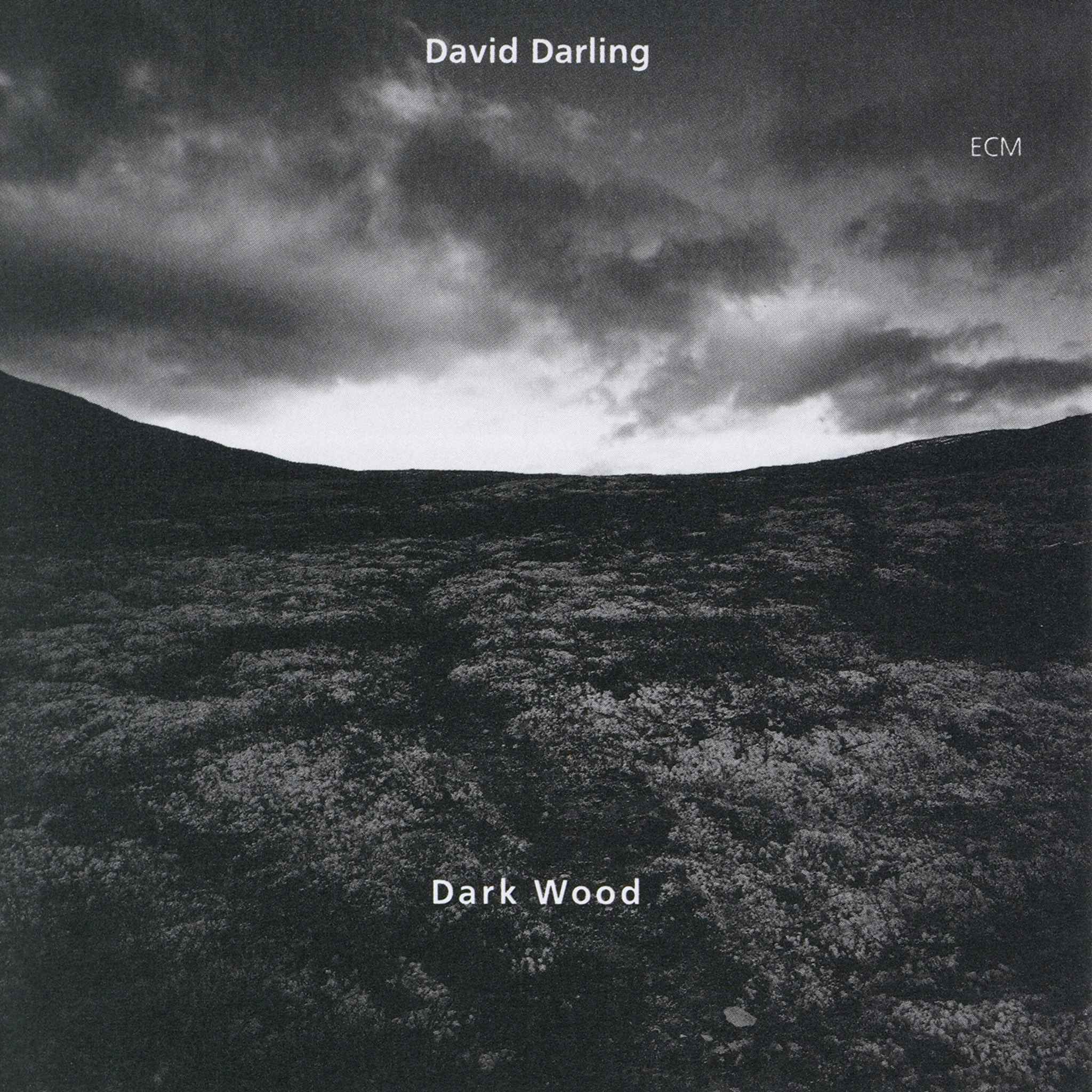David Darling setzte seine außergewöhnliche Reise als Solocellist fort, die mit Journal October im Jahr 1979 begann und 1992 mit Cello weitergeführt wurde. Die solistischen Werke Darlings, geprägt von filmischer Atmosphäre, wurden in Filmen von Jean Luc Godard und Wim Wenders eingesetzt. Mit dem Album Dark Wood inspiriert Darling eine weitere Kunstgattung: Das CD-Booklet enthält die eigens von Barry Lopez, dem bekannten amerikanischen Autor von Arctic Dreams, verfasste Kurzgeschichte „Disturbing the Night“, die als literarische Begleitung zur Musik entstand. Lopez schrieb diesen Text als literarisches Gegenstück zur kraftvollen Musik von Dark Wood. Die Kompositionen auf Dark Wood nutzen erneut die bereits bei Cello eingesetzten innovativen Mehrspuraufnahmen, wodurch dichte Klangschichten und fesselnde Harmonien entstehen. Der Celloklang, den Darling erzeugt, wird als hinreißend beschrieben – das Ergebnis sei fesselnd und verführerisch, so Gramophone. Down Beat hebt die stilistische Bandbreite hervor, die von früher Musik über impressionistische, ätherische Stimmungen bis zu folkloristischen Elementen reicht. Echoes Radio bezeichnet die Musik als seelenvoll und verlockend.

